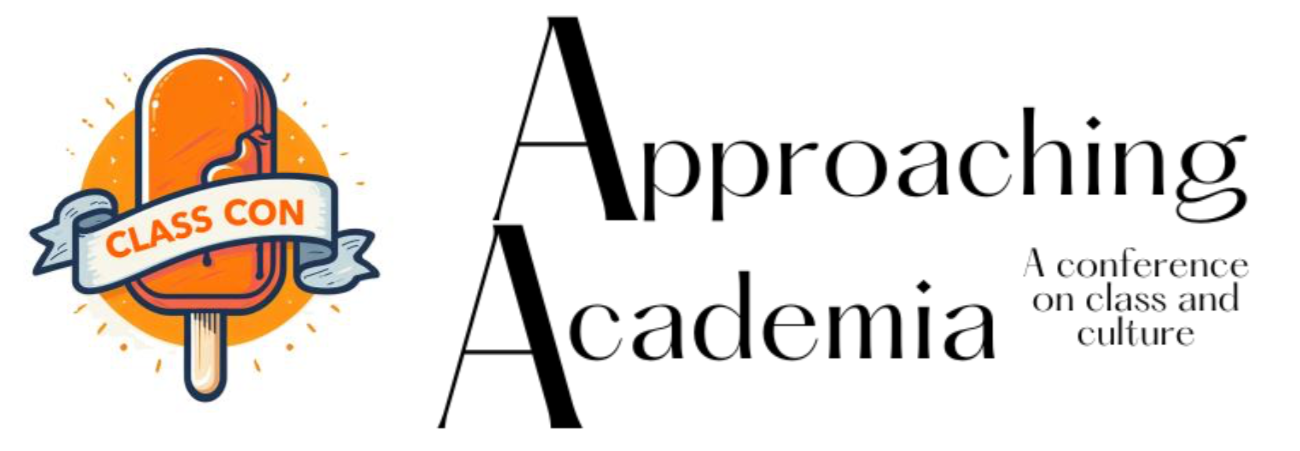Write What You Know: Creative Writing and the Decline of Working-Class Fiction
Start Date
16-3-2024 3:45 PM
End Date
16-3-2024 4:30 PM
Description
This presentation examines the relationship between creative writing as an academic discipline and the decline of working-class literature. While multiple factors contribute to the slow disappearance of novels and short stories engaging with class exploitation, including the composition of the labor force and major shifts in the publishing inductor, one crucial factor is the influence of academia and the codification of "creative writing" as a discrete subject in the 1940s and 1950s. This intervention ultimately signaled the end of American working-class literature as a viable literary form. Not only did it relegate writing to the realm of "experts" (those with BFAs/MFAs who understood the proper "craft" of writing), it also depoliticized fiction by encouraging the production of narratives that prioritized interior life over external struggle. In the process, it took the radical interventions of literary modernism and made them digestible for a growing segment of educated professionals whose interests lay firmly in the realm of middle-class domesticity and individualism.
Write What You Know: Creative Writing and the Decline of Working-Class Fiction
This presentation examines the relationship between creative writing as an academic discipline and the decline of working-class literature. While multiple factors contribute to the slow disappearance of novels and short stories engaging with class exploitation, including the composition of the labor force and major shifts in the publishing inductor, one crucial factor is the influence of academia and the codification of "creative writing" as a discrete subject in the 1940s and 1950s. This intervention ultimately signaled the end of American working-class literature as a viable literary form. Not only did it relegate writing to the realm of "experts" (those with BFAs/MFAs who understood the proper "craft" of writing), it also depoliticized fiction by encouraging the production of narratives that prioritized interior life over external struggle. In the process, it took the radical interventions of literary modernism and made them digestible for a growing segment of educated professionals whose interests lay firmly in the realm of middle-class domesticity and individualism.


